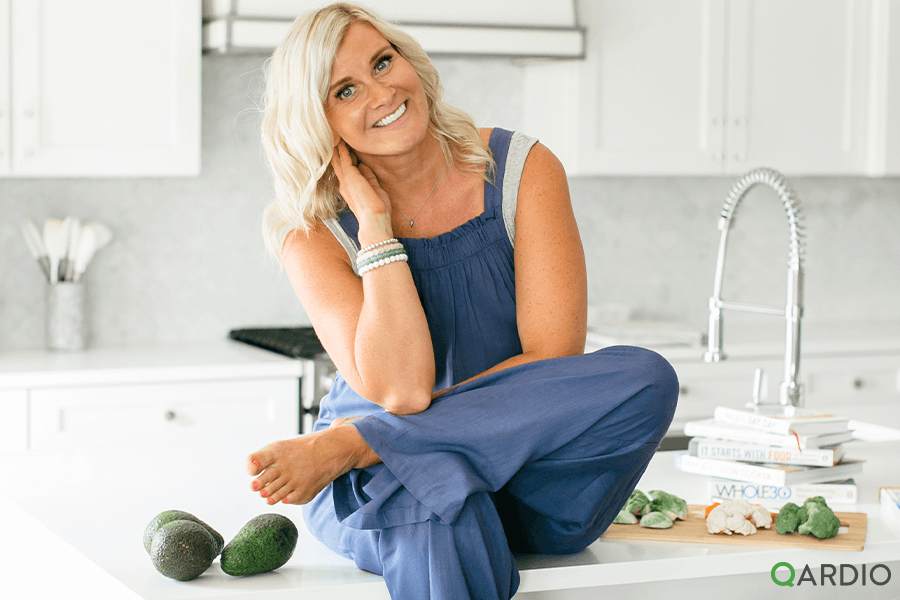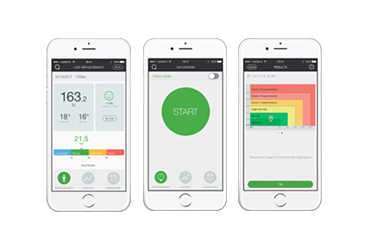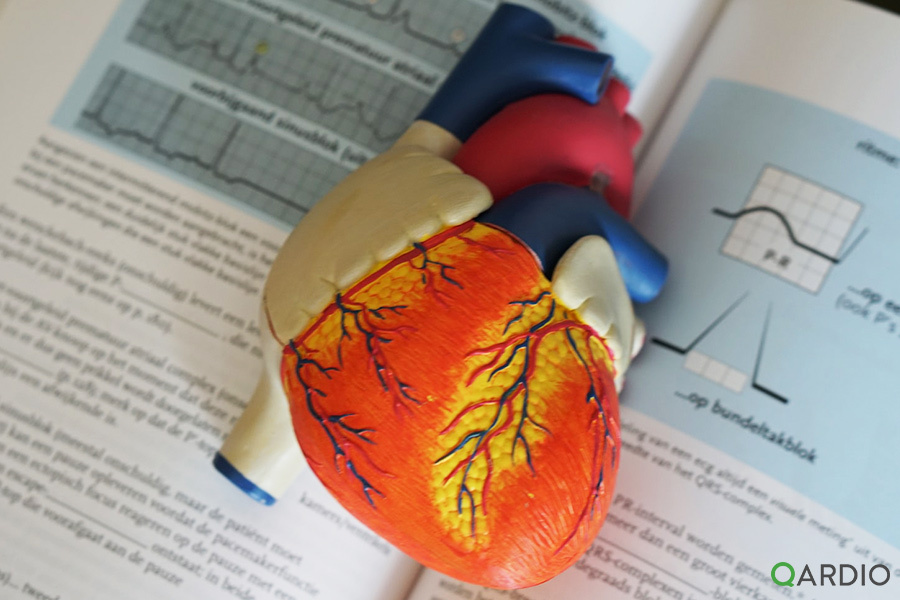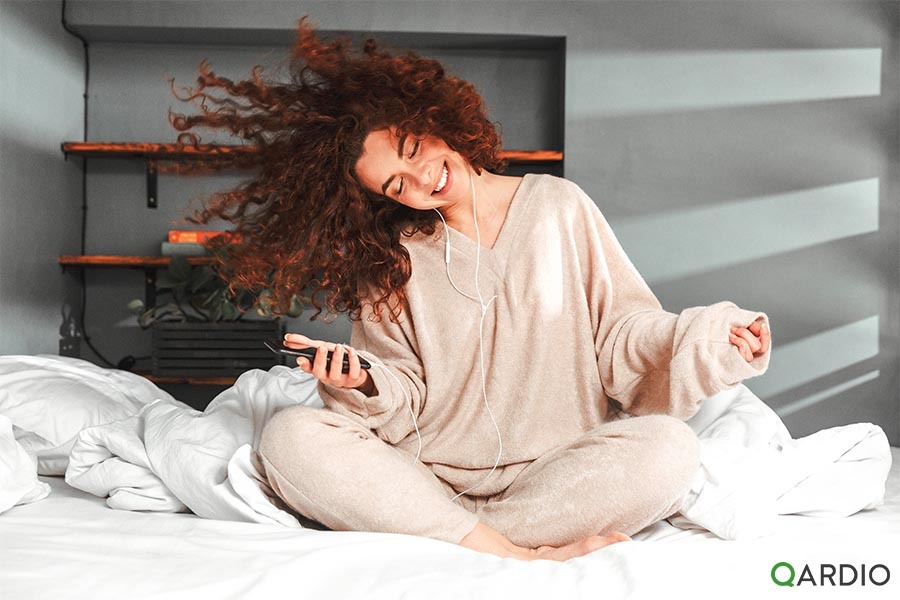It’s important to regularly make time to care for your body as a whole, not just when you’re sick. Whilst many of us might find it difficult to fit a self-care routine within our busy schedules, doing so can have major benefits to your health in the long term. Look at it as an investment in your future self.
So what exactly does self-care entail and how can we put it into practice to benefit our general well-being? Self-care coach Emily Nichols shares her expertise to get you started today.
Emily, how would you define the term ‘self-care’?
Self-care means simply “put your oxygen mask on first.” It’s a holistic approach to health with routine activities to promote physical, emotional, mental, and spiritual well-being. Self-care is very much a buzzword right now (#selfcaresunday, anyone?), but it’s so much more than massages and manicures, although there is nothing wrong with that! It’s the actual activities you do every day to take care of yourself from the inside/out.
What is the importance of practicing self-care? Is it for everyone?
If you are able to put your oxygen mask on first, then you are able to better show up for everyone else around you, and that feels good! If you are unable to breathe, how can you help those around you? Putting everyone else first before yourself over time can lead to stress, overwhelm, and burnout. Self-care is for everyone, but it looks different for each individual and takes time and patience to build up your own personal and sustainable self-care routine.
What are the known benefits of practicing self-care?
There are many benefits to practicing a self-care routine such as higher self-esteem, positive thinking, and becoming a better caretaker to others just to name a few.
What is the relationship between self-care and heart health?
There is definitely a relationship between self-care and heart health. When you are taking care of yourself with a holistic self-care approach, it can lead to less stress thus lowering your blood pressure. You are also eating more mindfully and taking care of your body physically which can lower cholesterol levels and increase your overall immunity.
Do you have advice for anyone who feels that they don’t have enough time for self-care?
I get it, I’m a busy working mom of 2 boys, the host of The Self Care Isn’t Selfish Podcast, and a wellness entrepreneur. I’m spinning all the plates and time is always the biggest challenge for my clients, but I have found from my own research and experience that there are 2 ways to get started with building a self-care routine and making it stick:
Start small with just one new tiny habit a day and schedule these activities. For example, schedule a daily walk around the block while listening to some personal development or music that you love. Once that habit is established, start meal prepping once a week. Then once you have mastered that, layer on journaling or meditation/prayer to start and/or end your day. It’s all about creating easy, tiny self-care habits that over time become a ritual in your everyday routine that you don’t even need to think about anymore. Also, give yourself grace if something isn’t working and rework it so it does. And remember… self-care isn’t selfish.
Whether it’s exercise, cooking, mediation or simply taking a break from the hustle and bustle of everyday life, everyone’s self-care routine looks different. So the next time you put your needs on the back-burner just remember that dedicating that little time of your day to engage in some self-love could be the vital component to a long, healthy, and happy life.
Emily is a self-care expert, certified Whole30 coach, fitness instructor and The Self Care Isn’t Selfish Podcast host. Find out more about Emily’s practice at emily-nichols.com or listen to her podcast on iTunes.




